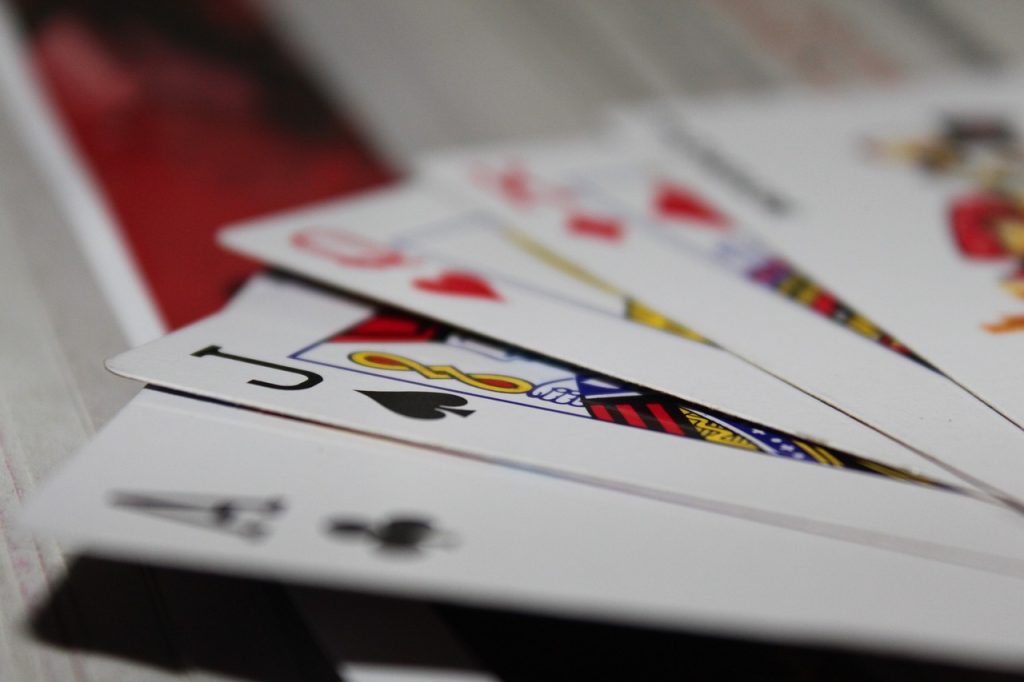Blackjack is a game of skill and strategy, but some individuals may be tempted to employ less-than-honorable methods to gain an advantage. While cheating in any form is unethical and can lead to serious consequences, understanding how cheating occurs can also help honest players protect themselves. In this article, we delve into the various ways people attempt to cheat in blackjack and how to safeguard against such tactics.
Understanding the Temptation:
Cheating in blackjack often arises from the allure of quick and easy winnings. The desire to beat the odds can lead some players down a dishonest path. However, it’s crucial to remember that cheating not only undermines the integrity of the game but can also result in legal repercussions and a tarnished reputation.
Marked Cards:
One of the oldest tricks in the book is the use of marked cards. Cheaters may subtly mark certain cards to identify their value or suit, giving them an unfair advantage over other players and the dealer. However, casinos are vigilant in detecting marked cards and employ various security measures to prevent their use.
Card Switching:
Another common method of cheating is card switching, where players swap cards in their hand with more favorable ones. This can be done through sleight of hand or with the help of an accomplice. However, casinos employ multiple decks and frequent shuffling to minimize the effectiveness of this tactic.
Collusion:
Collusion involves players working together to gain an advantage over the dealer or other players. This may include signaling each other’s hands, sharing information, or employing distraction techniques. However, casinos are trained to detect suspicious behavior and have strict protocols in place to prevent collusion.
Dealer Collusion:
In some cases, dealers themselves may be complicit in cheating schemes. This could involve manipulating the shuffle, dealing from the bottom of the deck, or signaling to accomplices. However, casinos conduct thorough background checks and surveillance to identify and remove dishonest dealers.
Electronic Devices:
With the advancement of technology, some cheaters resort to electronic devices to gain an edge in blackjack. This may include hidden cameras, infrared contact lenses, or smartphone apps designed to predict card outcomes. However, casinos employ sophisticated security systems to detect such devices and catch cheaters in the act.
Legal and Ethical Ramifications:
It’s essential to emphasize that cheating in blackjack is not only unethical but also illegal in most jurisdictions. Casinos have strict regulations in place to maintain the integrity of the game and protect players from dishonest practices. Those caught cheating may face severe penalties, including expulsion from the casino and legal action.
Honesty is the Best Policy:
While the temptation to cheat may be strong, it’s important to remember that honesty is the foundation of any reputable player. By playing with integrity, you not only uphold the spirit of the game but also earn the respect of your fellow players and the casino staff.
Cheating in blackjack is a serious offense that can have dire consequences for both the cheater and the integrity of the game. While various methods exist to gain an unfair advantage, casinos are well-equipped to detect and deter dishonest behavior. By understanding the risks and consequences of cheating, players can enjoy blackjack in its true spirit and appreciate the game for its skill and strategy. Remember, honesty is always the best policy at the blackjack table.
